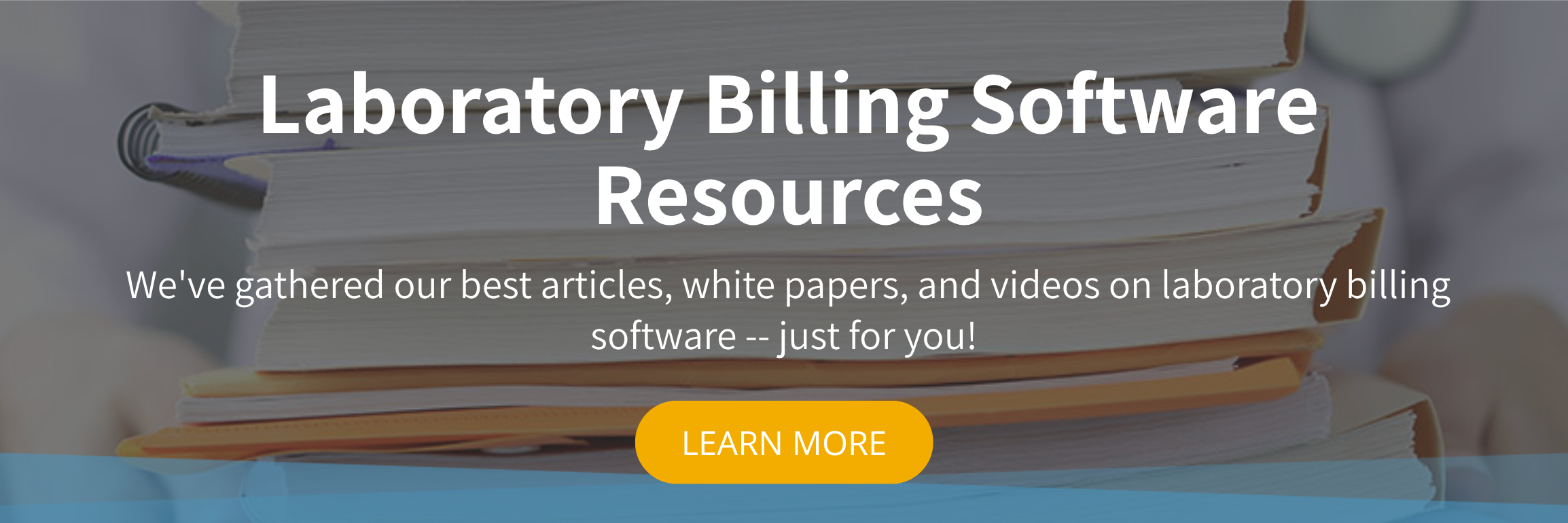4 Common Mistakes When Implementing Laboratory Billing Software
In the intricate world of clinical laboratory management, the implementation of effective billing software is a cornerstone for operational success. However, navigating the complexities of common problems in clinical laboratory management often leads to a series of pitfalls that can undermine the efficiency and financial health of these critical healthcare services. This blog post delves into four prevalent mistakes laboratories make during the billing software implementation process. By addressing these issues, labs can enhance their billing for lab services, ensuring a smoother, more efficient billing cycle that benefits both the laboratory and its clients.
As a laboratory billing service provider, we here at ADS have seen these mistakes slow down the payment process, create frustration for all parties, and even worse, cost organizations money it otherwise shouldn’t have.
Here are four common mistakes we often see among laboratories during laboratory billing implementation.
1. Overlooking the Importance of Customization
One of the most significant errors laboratories make is failing to customize their billing software to meet their specific needs. Every clinical laboratory has unique billing requirements based on the services they offer, the complexity of the tests they perform, and the diversity of their client base. A one-size-fits-all approach can lead to:
- Inaccurate billing for laboratory services
- Increased denial rates
- Client dissatisfaction
Customization Tips:
- Assess Your Needs: Before implementation, thoroughly assess your laboratory's specific billing requirements.
- Choose Flexible Software: Opt for software that offers customization options to tailor billing processes to your lab's needs.
- Continuous Evaluation: Regularly review and adjust the software settings to align with any changes in billing regulations or lab services.
2. Neglecting Training and Support
Another common pitfall is underestimating the importance of comprehensive training and ongoing support for staff. Effective implementation of lab medical billing services is not just about software installation but also ensuring that your team is proficient in using the new system. Lack of proper training can result in:
- Errors in billing for lab services
- Reduced efficiency
- Frustration among staff
Training Strategies:
- Invest in Training: Allocate sufficient resources and time for extensive training sessions.
- Choose Software with Support: Select a billing software provider that offers robust customer support and training materials.
- Ongoing Education: Implement regular training updates to keep staff informed about new features or changes in billing practices.
Because clinical laboratories doing testing in the United States must adhere to rigorous standards and regulations, they have to be certified by the Center for Medicare and Medicaid Services, under the Clinical Laboratory Improvement Amendments (CLIA). If your organization has not paved the way for CLIA certification, this is a task that should move to the top of your to-do list.
3. Ignoring Integration Capabilities
Integrating laboratory billing software with existing clinical and administrative systems is crucial for streamlining operations. Failure to ensure seamless integration can lead to:
- Disjointed workflows
- Data entry errors
- Delays in billing for lab services
Integration Essentials:
- Compatibility Check: Before selecting software, verify that it can integrate smoothly with your laboratory's current systems.
- Data Migration: Plan for a careful migration of existing data to the new system to avoid data loss or corruption.
- Test Integration: Conduct thorough testing to ensure all systems work cohesively before going live.
Common Integration Points:
- Electronic Health Records (EHR)
- Laboratory Information Management Systems (LIMS)
- Customer Relationship Management (CRM) systems
4. Underestimating the Impact of Regulatory Compliance
Compliance with healthcare regulations is a critical aspect of client billing for lab services. Ignoring the legal and regulatory requirements can result in:
- Penalties and fines
- Loss of accreditation
- Damage to reputation
Compliance Strategies:
- Stay Informed: Keep abreast of changes in healthcare regulations affecting laboratory billing.
- Software Compliance Features: Ensure your billing software includes features that support compliance with current regulations.
- Regular Audits: Conduct regular audits of your billing processes to identify and rectify compliance issues.
A Better Billing System for Your Organization
Implementing laboratory billing software is a complex but essential process for improving the efficiency and accuracy of billing for lab services. By avoiding these common mistakes—lack of customization, insufficient training, ignoring integration capabilities, and underestimating regulatory compliance—laboratories can ensure a smoother transition to a more effective billing system.
Remember, the goal is to find common ground on the problems many clinical laboratories face, offering solutions that enhance operational efficiency and client satisfaction. With careful planning and execution, your laboratory can overcome these common problems in clinical laboratory management, paving the way for a more prosperous future.
Obtaining more information about your billing options is the best next step you can take. Click here to learn more about laboratory billing and, if you’re interested, to schedule a free live demo of our Laboratory Billing Solutions.
About Jim O'Neill
As the company’s Laboratory Services Business Development Manager, Jim has 30 years’ experience in LIS and financial systems including 20 years as the owner of CSS (Avalon LIS). With a Bachelor’s degree in information technology from Rowan University, Jim has worked / consulted with over 500 labs in the US and internationally in improving their LIS and financial solutions. Jim is genuinely people-oriented and civic-minded; he’s the former Mayor of Northfield NJ and is currently on the town’s council.
-min.jpg)



